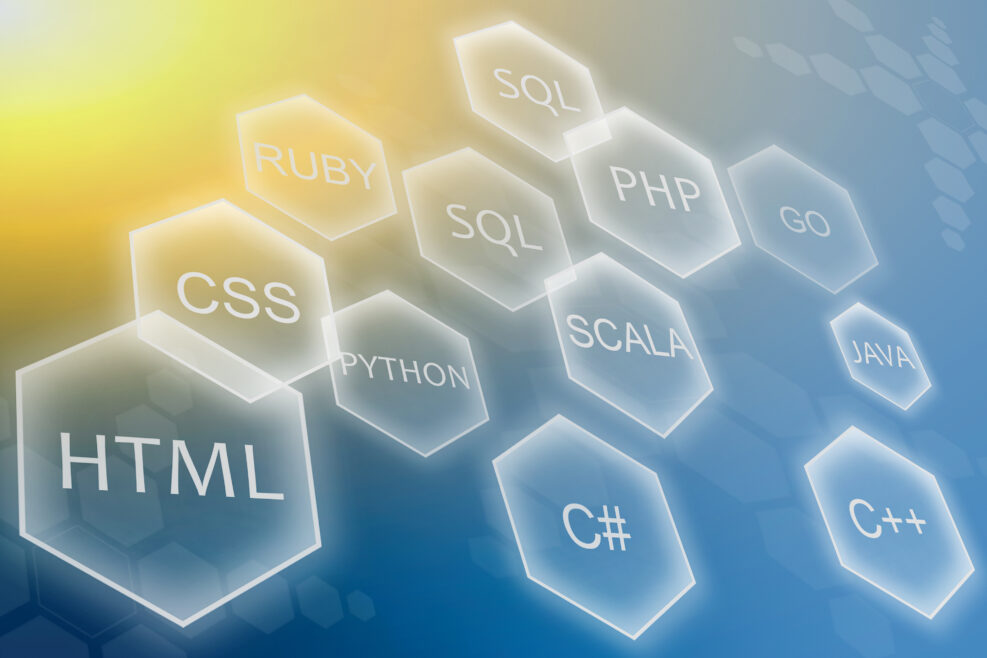
Why Is Randomness A Good Model, But Not A Good Explanation?
After all, random processes are used all the time to model things in scienceThe previous article I wrote about randomness proved quite controversial. After all, random processes are used all the time to model things in science. How can I say randomness is not a scientific explanation? Let me first make a distinction between a model and an explanation. A model shows us how some physical thing operates, but it does not explain the cause of the thing. An explanation, on the other hand, tries to explain the cause. But surely if we can effectively model something with randomness, then randomness must also be part of the causal explanation for the thing? Well, not so fast. Let’s look at how we model randomness with computers. Computers themselves are not random in the slightest. Read More ›



















